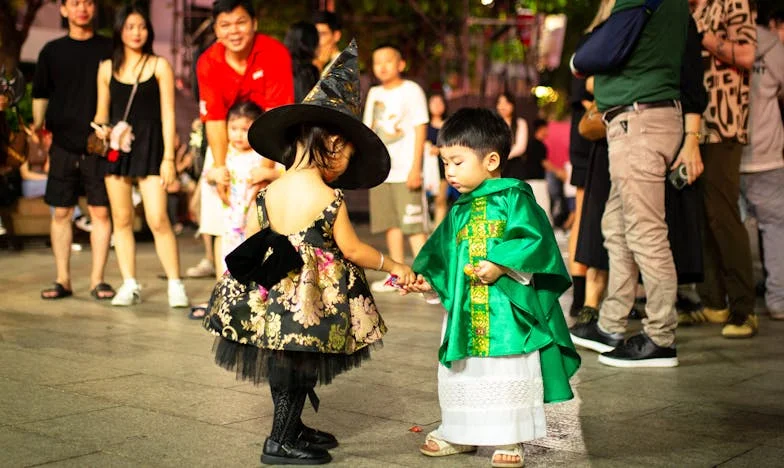When My Daughter’s Voice Hurt More Than Her Silence: A Story About Boundaries, Disappointment, and Unconditional Love
“Mom, I just need a little help—just this once, I promise.”
I gripped my cellphone so tightly my knuckles paled, staring out the kitchen window as the sunset bled across the sky. Emily’s voice, once bright and bubbling, now trembled on the other end—thin, needy, and practiced. I forced a breath, careful to keep my own voice steady.
“Emily, honey, we’ve talked about this. You said last time was the last time.”
A sigh crackled through the line, sharp as broken glass. “Mom, are you really going to throw this in my face again? It’s not like I’m asking to go on vacation or buy a new car. I just need my rent covered for one more month. I swear, I’m getting that job at the diner.”
My husband, David, watched me from the living room, his lips pressed into a line. He’d heard this conversation too many times—so had I. But each time, the ache in my chest felt new, raw. I wanted to believe her. I wanted to believe that this time, she meant it.
When Emily was born, I’d held her for hours, marveling at her tiny fingers, her fierce wail. I’d promised her everything—love, protection, a home she could always come back to. I never imagined home would become a bank account she’d raid with guilt and desperation.
She started college in Chicago, so full of dreams. But a bad breakup, anxiety, and a string of failed classes sent her spiraling. Calls home became less about sharing her life and more about solving her crises. At first, it was $100 for a textbook, then $400 for a car repair. Then late rent, overdue bills, a lost job. Each time, she swore it was temporary. Each time, my heart cracked a little more.
David’s patience wore thin. “Beth, you’re not helping her by always saying yes,” he’d whisper after another check was mailed. “She needs to stand on her own.”
But how do you ignore your child’s pain? How do you say no when you remember her as a little girl, wild curls bouncing, asking you to watch her dance in the living room?
Now, as she waited for my answer, I heard the edge in her voice. The same edge that had crept in over the past year, every time I hesitated. It was the sound of a child learning to weaponize love.
“I can’t, Emily. Not this time. We can talk about other ways I can help, but I can’t send you money.”
Silence. I imagined her in her tiny apartment, clutching her phone, anger and panic twisting her features. “Fine,” she spat. “If I end up on the street, I’ll know who to blame.”
The line went dead. My hand shook as I set the phone down. Tears blurred the world. David stood and wrapped his arms around me, but even his warmth felt far away.
The days that followed were a storm. I checked my phone constantly, hoping for a sign she was safe, dreading another angry text. I replayed her words over and over. Was I a terrible mother for saying no? Or had I finally done the right thing?
My friends offered comfort, but their answers were never simple. “You have to set boundaries,” said Karen, whose own son had moved back home at twenty-seven. “But it hurts, I know it does.”
At night, I lay awake, haunted by memories: Emily at ten, sobbing over a scraped knee; Emily at sixteen, begging for the car keys; Emily at twenty-four, her voice brittle and resentful. Somewhere along the way, love had become currency—traded, demanded, never enough.
A week later, Emily called again. This time, her voice was small, almost childlike.
“Mom, I’m sorry. I was scared. I didn’t know what else to do. The landlord gave me an extension. I started at the diner yesterday.”
Relief crashed over me, tangled with guilt and pride. “Emily, I love you. I always will. But I can’t keep bailing you out. You need to learn to do this on your own.”
She sniffled. “I know. I just… I don’t want you to stop loving me.”
“Oh, honey. I could never stop loving you. But sometimes love means letting go.”
When the call ended, I sat on the porch, listening to the cicadas, feeling the weight of that truth. I’d spent years fearing her silence. Now, I feared her calls even more—because saying no to my child felt like tearing out a piece of my heart.
I wonder… Can you ever truly protect your child from the world—or from themselves? And at what point does helping become hurting? If you’ve ever faced this, how did you find the strength to say ‘enough’? I’d love to hear your stories.
